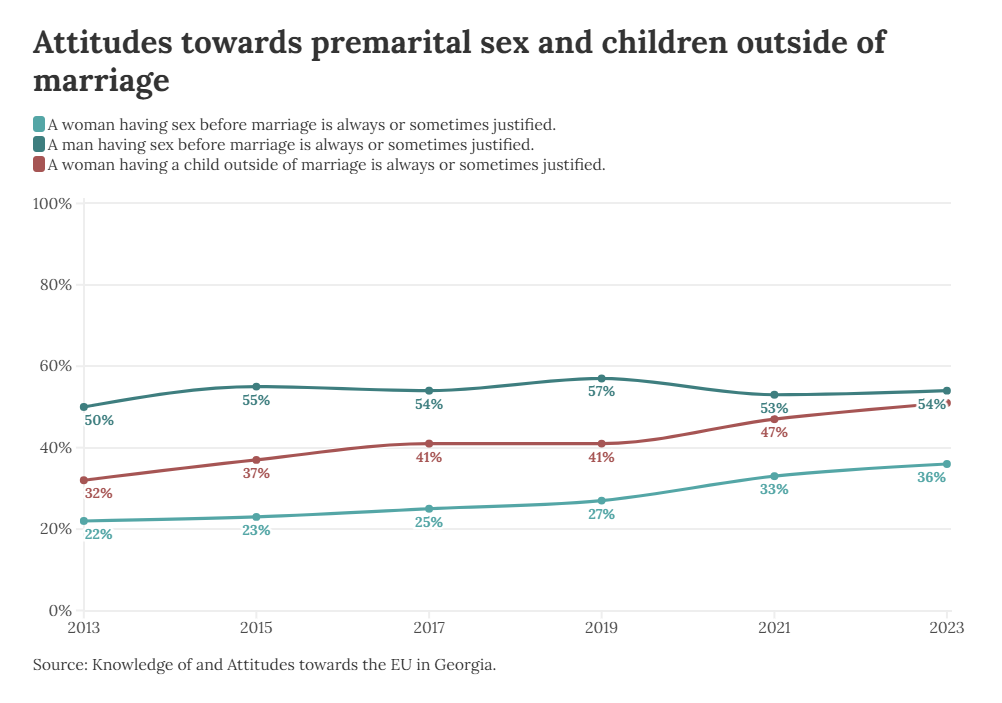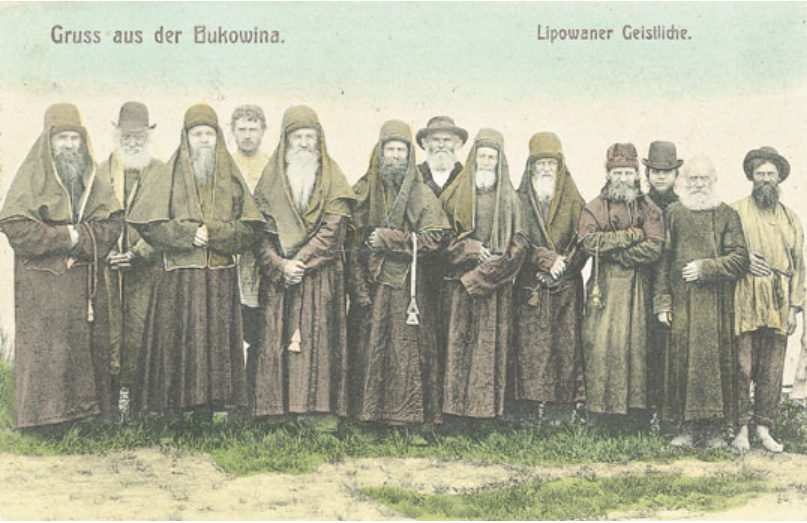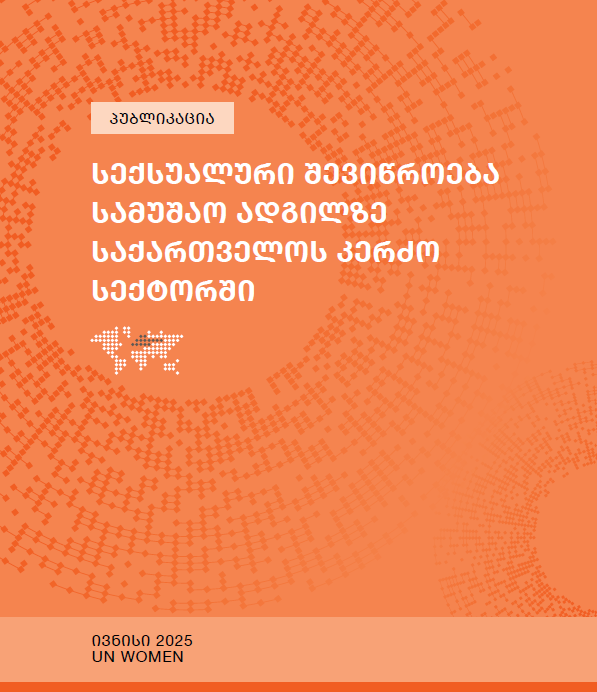Today, CRRC Georgia released a report on public opinion in Georgia on the Covid-19 crisis. The report includes data collected between late April and early June, 2020. During this time, CRRC Georgia conducted weekly public opinion surveys and presented the results on a weekly basis to policy makers, local NGOs and the international community.
The study covered a wide range of issues from disinformation to food insecurity and employment. Some of the key findings include:
-
- The public’s assessments of the performance of a wide range of institutions became significantly more positive during this period;
-
- The vast majority of the public approved of the nearly all of the policies that the government implemented during the crisis;
-
- Between a third and a quarter of the population lost a job during the crisis;
-
- The majority of households experienced at least some level of food insecurity during the crisis;
-
- Median household incomes roughly halved during the crisis;
-
- People tended towards favoring opening up the economy during the crisis to exercising caution;
-
- There is widespread misinformation around vaccines in Georgia, and belief in misinformation is strongly correlated with whether or not someone would want a vaccine for Covid-19 if one were available six months from now;
-
- Misinformation was present but not widespread during the crisis. For example, 9% of the public believe that 5G infrastructure spreads the virus;
-
- Only 4% of Georgian Orthodox Christians attended Easter Liturgy, as opposed to 44% the year prior;
-
- Few people believe that there will be a second wave of the virus, and there would be less support for implementing restrictions on different freedoms if a second wave took place.
The full report is available here. The six datasets are available from CRRC Georgia’s online data analysis tool.












